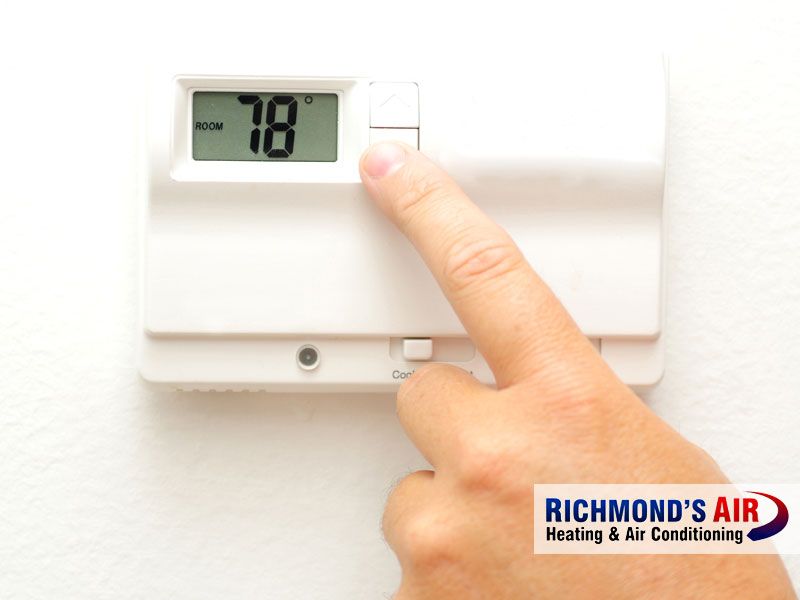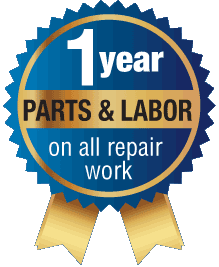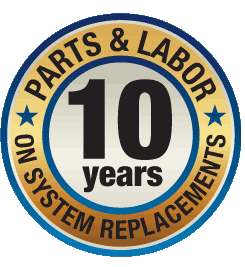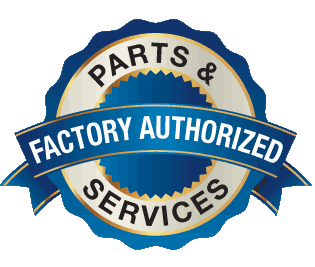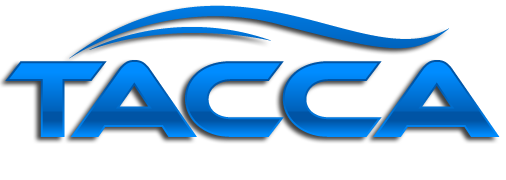Updated: November 26, 2024
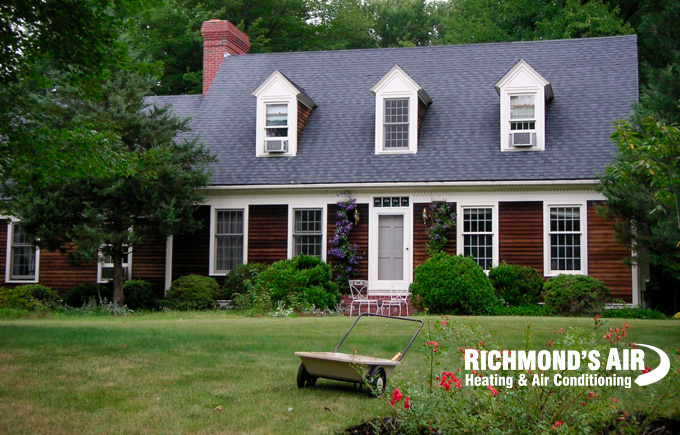
Air conditioning units work hard to keep you comfortable in the hot Texas heat. But to stay cool, it’s important to perform routine maintenance on your HVAC unit to ensure that it has a long useful life.
How dust can increase utility bills
A frequent problem that many homeowners ignore is dust buildup in heating, ventilation and air conditioning (HVAC) systems. HVAC systems can gather dust and dirt over time, which decreases their effectiveness, raises energy costs, and increases electricity bills. This is because an accumulation of dust in the system can reduce its overall efficiency by clogging filters, obstructing airflow and increasing the blower’s workload.
Dust buildup on the blower wheel can reduce the speed at which it rotates, making it work harder to move air, which raises energy usage. This could lead to even higher energy use if the refrigerant charge is not appropriately controlled. Inadequate maintenance of HVAC systems can cause malfunctions that require expensive repairs or replacements.
Homeowners should change their filters frequently and arrange regular maintenance with a certified expert to prevent dust collection in HVAC systems and save on utility costs. You should also maintain a clean home to lessen the dust entering the system. By increasing the system’s effectiveness, prolonging its lifespan, and lowering energy use, proper maintenance can help homeowners save money over time.
HVAC spring cleaning checklist
Below is a list of items to put on your spring cleaning checklist to ensure your HVAC system is ready to go this summer. If you need help with any of the items on this list, be sure to consult a professional HVAC technician to ensure the job is done right.
1. Clean your rooms and repair cracks in windows and doors
Before turning on your HVAC system, clean your rooms, including windows and curtains, to increase system performance and avoid dust and debris buildup. Also, stop drafts and decrease allergens entering your home by repairing any damage or cracks you find in and around windows and doors. These easy measures can enhance indoor air quality, use less energy, and reduce electricity costs.
2. Change your air filter
Changing your HVAC air filter is crucial for your home’s air quality. A clogged air filter might reduce your system’s efficiency by 5–15%, increasing energy costs. Changing your air filter can increase your system’s energy efficiency and reduce overall utility costs.
3. Vacuum your vents
Your HVAC spring cleaning checklist should include cleaning your air vents to eliminate any dust and debris that may have gathered over the winter. This way, dust won’t be blown around your house when you switch on the air conditioner in a few weeks. Remove and rinse each air vent or suction the dust using a vacuum wand attachment.
4. Clean your condensate drain
Cleaning your condensate drain should be on your HVAC spring cleaning to-do list to ensure water drains correctly from your system. This is necessary to protect from water damage and mold. After locating your drain line, you should disconnect the attached hose and remove any buildup before cleaning it with distilled vinegar.
5. Clean your condenser coils
Because filthy coils can dramatically impair your air conditioner’s performance, resulting in greater energy costs and more wear and tear, cleaning your condenser coils is vital to spring cleaning your HVAC system. You can enhance the airflow and enable your system to operate at its best by clearing away dirt with a small brush and vacuum and straightening any bent coil fins.
6. Clear away weeds around the system
To provide appropriate airflow to the HVAC system, ensure that you remove all weeds and cut back trees and shrubs to prevent reduced air traffic. Without enough room surrounding the unit, the system may freeze or fail to effectively chill your home. For the device to operate properly, there must be at least 2 feet of clearance around it.
7. Test out your system
Testing your HVAC system after cleaning is crucial to ensure it operates properly. You can detect flaws before they worsen by turning on the system, listening for odd noises and inspecting each vent. Little issues can occasionally be resolved by adjusting the temperature or restarting the system, but if they continue, it’s a good idea to contact an HVAC specialist.
8. Have your ducts sealed
Ducts can become leaky and cracked with time, leading to air loss and reduced HVAC system efficiency. Sealing the ducts can increase the system’s overall efficiency and reduce energy costs by preventing this air loss.
Moreover, duct sealing can aid in preventing allergies and pollutants from entering your home through ductwork, improving the air quality within your home.
9. Change your thermostat batteries
Thermostat batteries typically only last about a year, so spring is a good time to change them. You don’t want to wait for the battery to run out and come home to a sweltering house at the end of a long workday. It’s a simple job that will cost you little money and can save you many headaches.
10. Consider investing in a programmable thermostat
Purchasing a programmable thermostat can be a wise decision since it can increase the effectiveness of your air conditioning system and ultimately result in cost savings. It gives you more control over your HVAC system and ensures it runs smoothly while no one is home with pre-set temperatures and seasonal settings.
The benefits of professional HVAC maintenance
The biggest reason to have a professional perform routine maintenance on your HVAC system is to protect the investment you’ve already made. Installing a new HVAC unit can be pricey, so performing routine maintenance keeps your HVAC working at optimum levels.
What’s more—licensed HVAC technicians are trained to notice potential problems before they become huge, expensive headaches.
Another benefit is that having your AC unit running optimally can help reduce your energy bills during the summer—and who doesn’t like saving money?
Three steps to take before calling your AC repair technician
Before you call us for expert AC repair service, consider trying to fix it on your own to save money. These 3 steps will help you identify the issue that is causing your air conditioner to malfunction.
What does an HVAC inspection involve?
Starting in the spring, we recommend scheduling a complete inspection of your AC before the heat of the summer begins. During this inspection, your technician should:
- Clean/replace filters
- Clean the condenser and evaporator
- Check your electrical components
- Check your refrigerant levels
- Calibrate the thermostat
- Oil all motor components
Performing this check in the spring not only helps ensure your home will be cool once summer hits, but it’s also likely to be cheaper. Many HVAC companies run spring cleaning specials, and their summer prices will be more expensive.
Contact the HVAC experts at Richmond’s Air
As the calendar turns toward summer—if you’ve had preventative maintenance—you’ll only have to worry about keeping a watch out for any unusual problems that arise.
Let Richmond’s Air keep your HVAC unit running at its peak. Contact us today to schedule an AC checkup before summer hits Houston.
 Read reviews
Read reviews